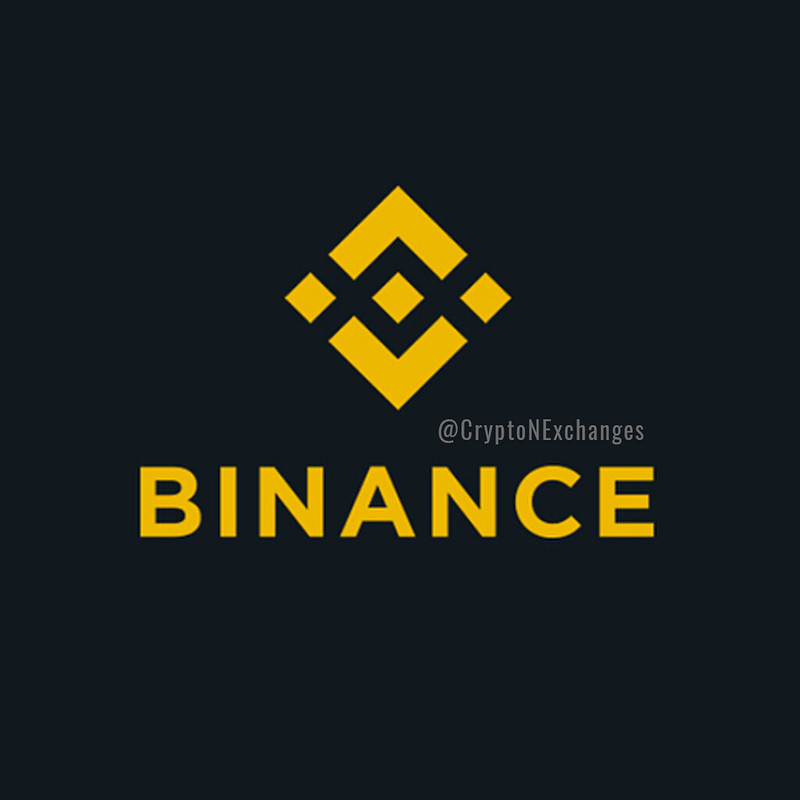
The recent ban on Binance naira operations has sent shockwaves through Nigeria’s cryptocurrency community. Local stakeholders are expressing deep concern over the potential impact on the livelihoods of many Nigerians. Analysts fear the prohibition could contribute to increased youth unemployment in the country.
On the other hand, local stakeholders believe that Binance’s exit from naira-related services will most likely lead to the rise of new exchanges in the country. They opine that the new ones introduced will take over Binance’s market position and, most importantly, work under domestic laws.
Nathaniel Luz, CEO of Flincap, a firm offering liquidity tools to cryptocurrency exchanges, said that so many Nigerian traders who have made a living from trading peer-to-peer through Binance will “have to deal with the fallouts of this ban. He said that some affected traders have moved to platforms like WhatsApp and Telegram groups to trade.
Regulatory Uncertainty Casts Shadows on Nigeria’s Crypto Space
According to Flincap’s chief marketing officer, Oladotun Wilfred Akangbe, the continuing uncertainty surrounding cryptocurrency regulation in Nigeria and the decision to halt Binance operations can undermine the confidence of many people in the space. However, this sends just the wrong signal that will most likely kill confidence in the space and, in the opinion of these stakeholders in the Nigerian crypto market, breed fear, doubt, and other bad conditions.
Binance, in an official statement on its website, has announced the beginning of an automatic conversion of naira balances to Tether from March 8 at 8:00 am UTC. The last date for Naira deposits was on March 5 at 2:00 pm, while withdrawals have not been allowed since March 8 at 6:00 am. The exchange rate is one USDT for every 1,515.13 Naira. Towards the end of February, the Binance peer-to-peer platform delisted all naira trading pairs.
Furthermore, Binance’s controversy escalated. On February 27, the Governor of the Central Bank of Nigeria raised suspicion about illicit transactions passing through their system. The Governor also accused Binance of having “suspicious funds,” leading to the Nigerian House summoning CEO Richard Teng. He must appear before the committee by March 4 to further explain this matter.
In 2023, Nigeria’s Securities and Exchange Commission announced that it had not registered or regulated Binance Nigeria. This decision added complexity for ordinary individuals trying to comprehend the platform’s status. Therefore, it operated illegally in the country. In a surprising occurrence in December 2023, the Central Bank of Nigeria canceled its ban on cryptocurrency assets.
Further, it told banks to ignore earlier prohibitions on crypto transactions. As the situation develops within the local crypto community, they eagerly await what happens next. Any possible prospects may affect the Nigerian cryptocurrency industry at large.
Related Reading | Spain Bans Worldcoin for Three Months Due to Privacy Concerns








